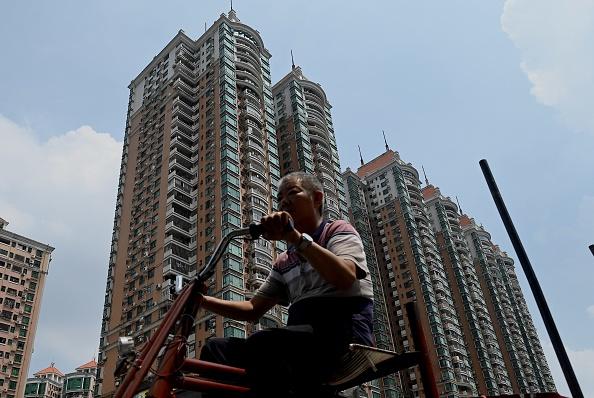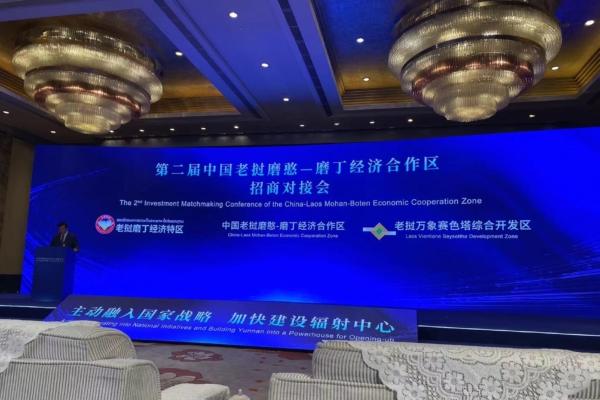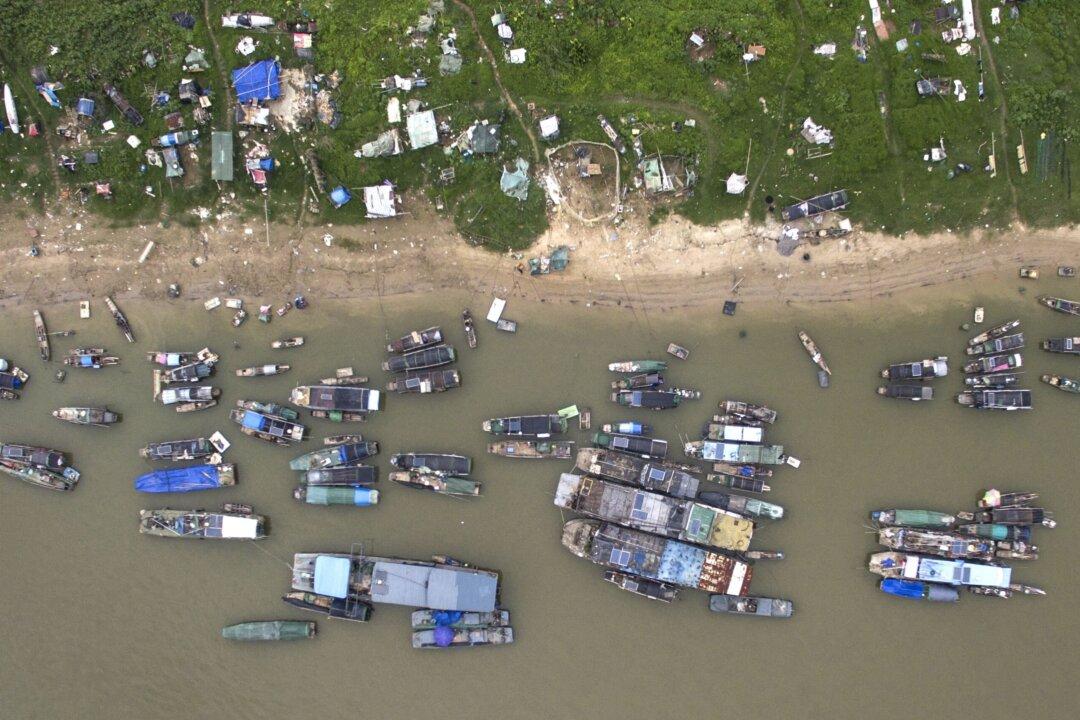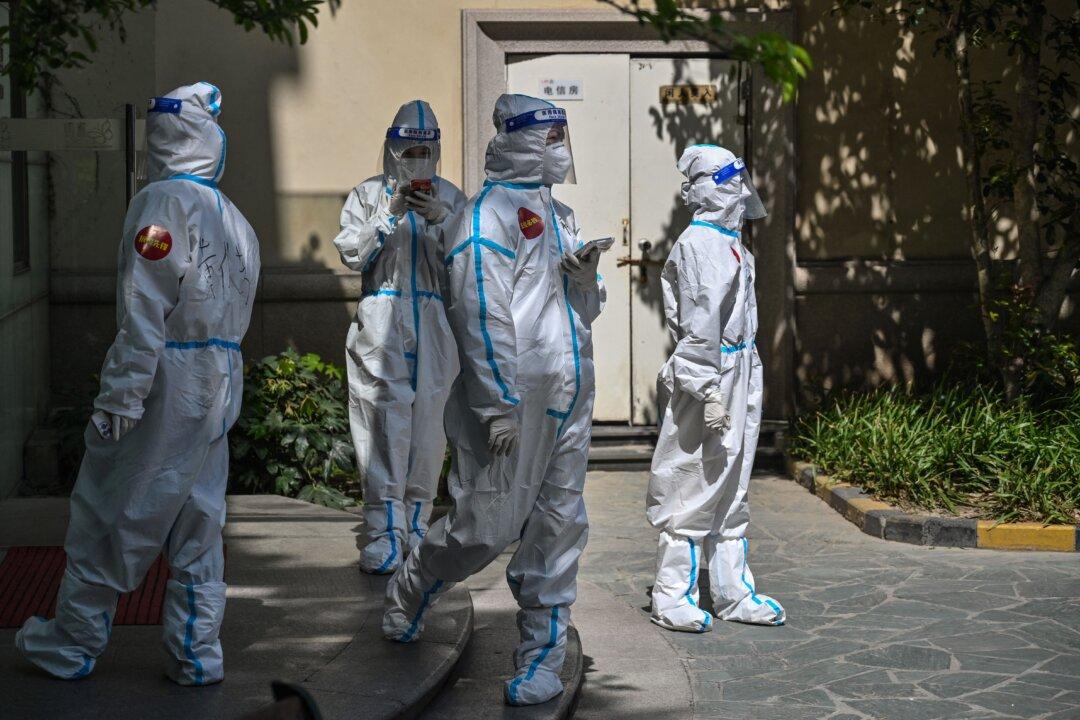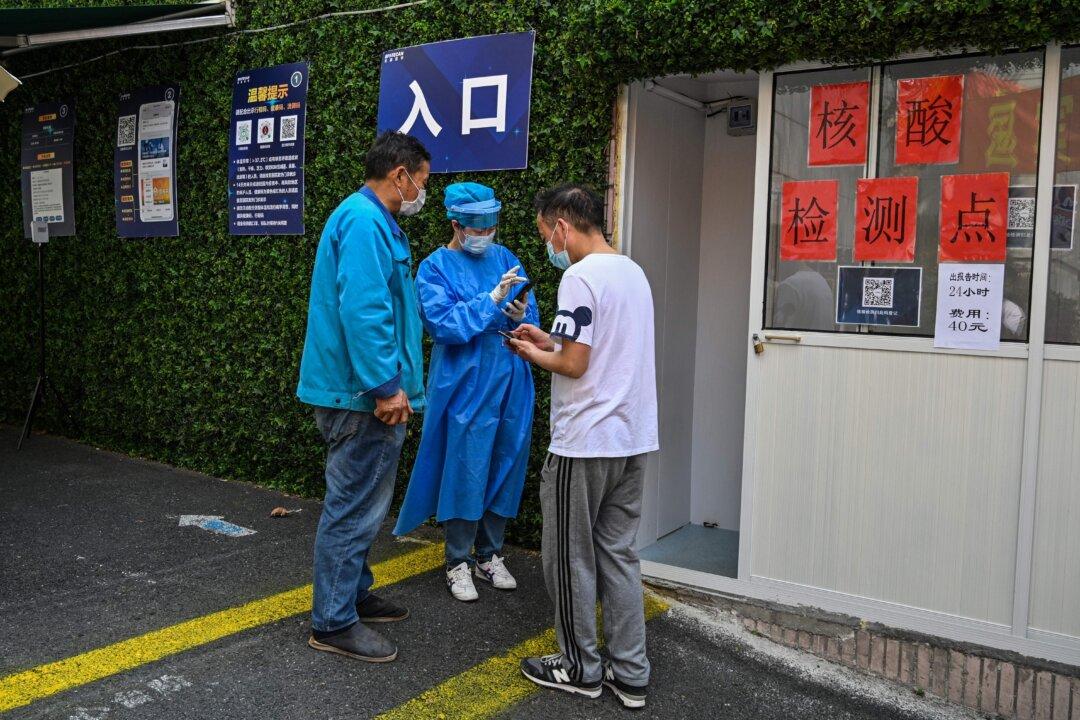China’s second-largest property developer Evergrande is on the verge of collapse, causing a massive number of investors and homebuyers to gather at its headquarters—defending their rights. The majority of investors are employees of Evergrande.
Ms. Yang (pseudonym), a financial adviser at subsidiary Evergrande Wealth, told the Chinese edition of The Epoch Times that the company is suspected of managing its finance products illegally. She blamed the regime’s regulator for dereliction of duties.
